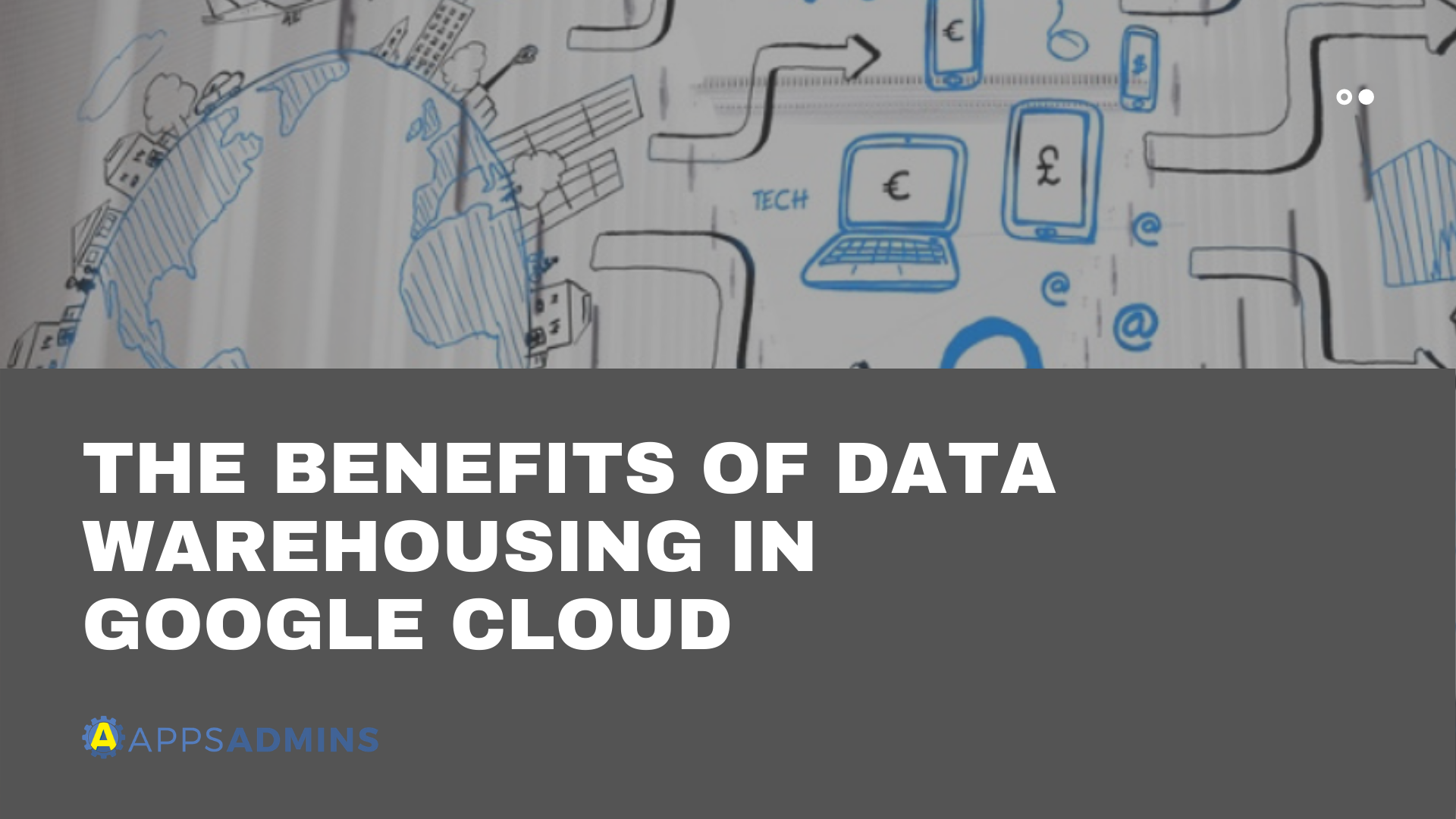G Suite Business Free for 30 Days
Sign up for a Free 30 Day Trial of G Suite Business and get Free Admin support from Google Certified Deployment Specialists. No Credit Card Required.


Google has been quite the busy bee this summer, releasing new features and pursuing new collaborations left and right. Recently, the company started to roll out some new features for BigQuery too - the Google Cloud data warehousing solution.
BigQuery is a Google offering that allows companies to analyze and ingest data quickly and easily, with access to high availability, so you can seamlessly find new trends, insights, and predictions for running your business at high-speed. Some of the recently added features you'll find on BigQuery include faster reporting options, user-defined functionality, increased concurrency limits, and even a host of capabilities for things like GIS and encryption.
Exploring What's New with BigQuery
All of the exciting new functionality offered by BigQuery was designed to help companies get more out of their data at speed. For instance, the new beta-mode version of BigQuery user-defined functions is now available. These solutions now allow you to create SQL and JavaScript functions that can be reused across queries and shared with others. Setting up these functions will allow you to save some serious time with your data management and automate for scalability and consistency.
If you have a custom function that handles data values a certain way, then you'll be able to use the new BigQuery capabilities to create a shared UDF library. Anyone who has access to your data set will be able to invoke data values in their queries according to those specific guidelines. You can define UDFs in either JavaScript or SQL.
Another major update to BigQuery is the fact that default concurrency limits have doubled in size. To help enterprises access insights with ease, Google raised the default limit for interactive and on-demand queries. This means that companies can access double the number of queries at the same time. As before, you'll be able to simply request if you want to have your limit raised again.
You can monitor the concurrent queries made by your team in Stackdriver too or visualize them in data studio if you need a better overview from a visual perspective.
BigQuery Reveals a New Interface
Another of the most significant changes that you'll notice when you're using BigQuery is that there's a brand-new interface to explore. Google introduced the new BigQuery user interface in beta last year, which makes it easier for companies to uncover insights and share them with team-mates and colleagues around the world. The new UI is generally available to access via the Google Cloud Platform admin console.
BigQuery's GIS functions are also generally available now. The BigQuery Web UI demonstration now offers a field for hurricane longitude and latitude. This information from Geographic Information System data types will help analysists to solve common geographic queries within BigQuery. You can even find out which stores are closest to a customer, when packages will arrive on time, and who needs to receive a coupon for a location-focused promotion.
BigQuery is now also allowing businesses to cluster their tables using geography-based data columns. The order of the specified columns will determine the order of the data.
AEAD Encryption Features Come to Standard SQL
BigQuery uses encryption features at rest from Google to keep your data as safe and secure as possible, with support for customer management encryption keys included. This means that you'll be able to encrypt tables with specific keys for encryption that you have complete control over. In some cases, you may decide that you want to encrypt particular values into a table, and AEAD can help with that.
AEAD is a function within BigQuery that allows companies and administrators to create keysets containing keys for decryption and encryption. You can use these keys to decrypt and encrypt individual values within a table and rotate your keys in a keyset too.
This new functionality from the Google team in BigQuery is particularly useful for applications that include crypto-shredding and crypto-deletion. Say if you want to keep all of the data you manage for your customers in a single typical table. If you encrypt each of those data points using a unique key, you'll easily be able to eliminate that data by deleting the encryption key. This crypto-shredding functionality is becoming increasingly popular today.
.jpg?width=818&name=appsadmins-svg-rules-1%20(2).jpg)






